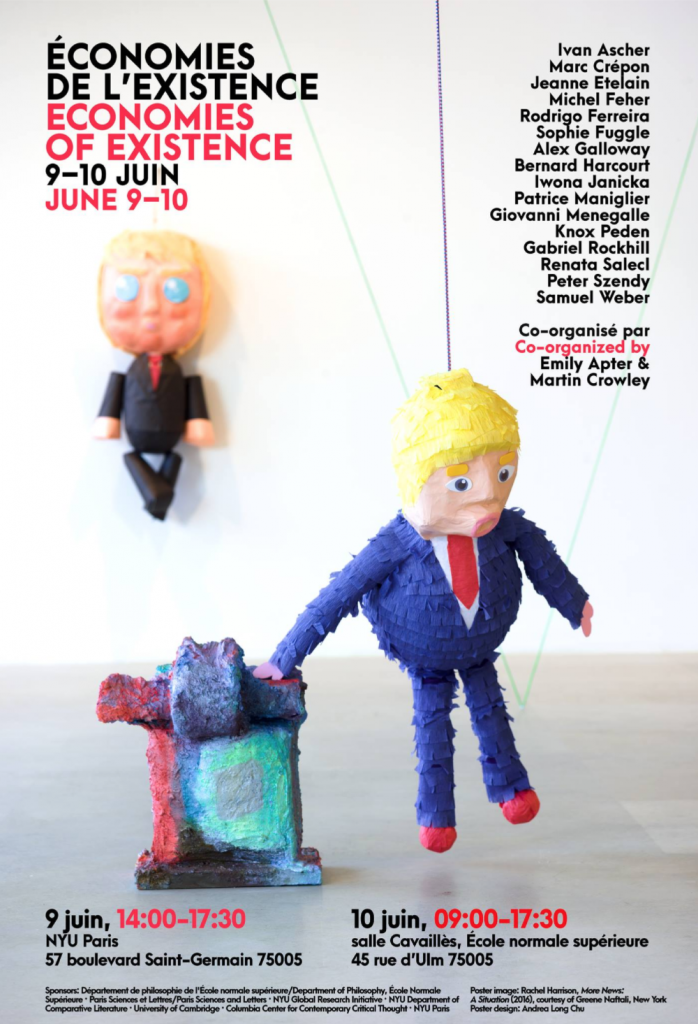A key issue from my recently concluded seminar on the non-human was how to characterize contemporary theory. Previously I've discussed materialism, as well as the distinction between the ethical and political, and also the curious cocktail of pragmatism, empiricism, and realism that seems to dominate so much writing today. But after reading and working through a variety of texts I wanted to propose a series of themes that seem to run through much contemporary writing in critical and cultural theory.
The first theme comes directly from poststructuralism, a kind of filtered or modified riff on the old poststructuralist language of gaps, traces, supplements, patchiness, mixing, messiness. These are still the virtues of the day. As Wendy Brown puts it in Undoing the Demos, we must attend to “supplement,” “slippage,” and a world that “does not fully cohere” (215). Anna Tsing has talked about patches and patchiness (as has Kathleen Stewart). Tsing also connects this with the notion of entanglement, or what she calls a “mosaic of open-ended assemblages of entangled ways of life” (Mushroom, 4). Patrick Jagoda, in his recent book on Network Aesthetics, describes “a world that is messy, uncertain” (102) in an attempt to show "an ambivalent sensitivity to the riskiness and complicatedness inherent to all intimacies" (180). For his part Hiroki Azuma is concerned with “an endless movement of slipping sideways” (Otaku, 105). And in one of the most powerful sections of Habeas Viscus, Alexander Weheliye evokes “the sorrow songs, smooth glitches, miniscule movements, shards of hope, scraps of food, and interrupted dreams of freedom that already swarm the ether” (131). Let's dwell in his language: glitches, shards, scraps, interruptions, swarms. This is a very specific vocabulary.
At the same time, my seminar and I identified an attention to pragmatic concerns, from action and production, to expression, creativity, performance, and experimentation. At play here is the old philosophical distinction between being and doing, the former a question of presence or existence and the latter a question of will, event, or action. Recall when Deleuze confessed his desire "to remove essences and to substitute events in their place” (Logic of Sense, 53). Now nearly fifty years after Deleuze wrote that, it's not uncommon for a contemporary theorist to say that the being of an entity does not matter, what matters is the doing. As Benjamin Bratton recently put it, “Platforms are what platforms do” (Stack, 41). Jasbir Puar says something similar about assemblages: “There are thus numerous ways to define what assemblages are, but I am here more interested in what assemblages do” (emph. added). We may describe this approach as post- or anti-hermeneutic in that it tends to focus more on function, performance, or modeling rather than representation, mimesis, or meaning. Weheliye agrees with this pragmatic turn as well, writing that “Assemblages are inherently productive, entering into polyvalent becomings to produce and give expression to previously nonexistent realities, thoughts, bodies, affects, spaces, actions, ideas, and so on” (Habeas Viscus, 46). From word to deed, it seems that Goethe was correct after all: In the beginning was the deed! Continue reading →

